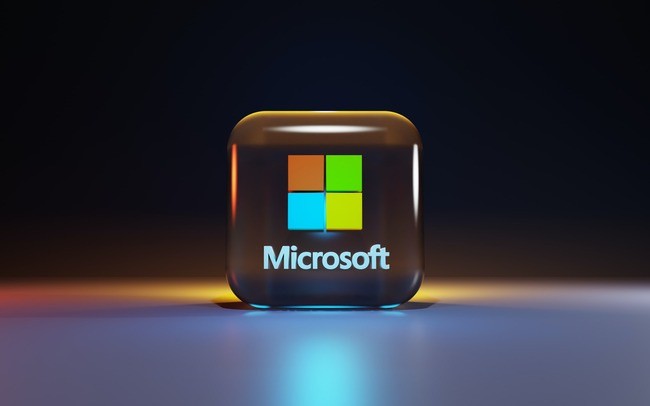
In the competitive AI landscape of 2024, Microsoft is opting for a rebranding move, focusing on its browser, Microsoft Edge.
Renamed "Microsoft Edge: AI Browser," this shift in identity is gradually making its way to Android and iOS users. The company is steadily introducing this change to all users, aligning the browser with the advancements in artificial intelligence.
The New AI-Powered' Microsoft Edge'
By 2024, artificial intelligence will be a significant topic in several tech fields. AI is incorporated into goods by businesses like Google and Samsung, and Microsoft is no different.
To showcase its AI capabilities, Microsoft Edge has changed names. It is now branded as "Microsoft Edge: AI Browser" for iOS and Android.
This renaming comes on the heels of the Copilot app's release for both platforms. While the browser's functionality remains unchanged, the emphasis on AI in branding seems prevalent in the industry.
Some might question this trend, seeing it as an overt effort to draw attention to AI integration.
The rollout of "Microsoft Edge: AI Browser" varies, with some already witnessing the update while others are yet to receive it. However, as the rebranding gains momentum, users can expect to see it on their Android and iOS devices soon.
AI-Powered Search Engine
Microsoft launched the Edge browser and the brand-new Bing search engine in February 2023 with the goal of completely transforming the online experience. Their aim? To elevate discovery, foster creativity, and harness the world's knowledge.
The newly unveiled Bing and Edge, an AI Copilot, promises more advanced search, comprehensive answers, and interactive chat capabilities.
Microsoft's Chairman and CEO, Satya Nadella, emphasized the monumental shift AI would bring to software categories, starting with search.
The upgraded Bing aims to address the limitations of conventional search engines, ensuring better, more extensive responses and integrating a chat experience for intricate queries. It goes beyond mere information provision, generating content to assist users in varied tasks, from trip planning to crafting emails or quizzes.
In tandem, the enhanced Edge browser, equipped with AI enhancements, introduces a sidebar featuring chat and composition functionalities.
Users can request summaries of complex reports or aid in composing content, fostering a more efficient browsing experience.
The new Bing and Edge amalgamate search, browsing, and chat into a unified AI-centric encounter, promising better search results, in-depth answers, and content generation, making web exploration more accessible and engaging.
While the updated features are currently in limited preview, Microsoft plans to expand this experience to millions of users in the coming weeks.
This introduction marks a significant leap toward AI-driven search and browsing, leveraging Microsoft's Azure supercomputer and OpenAI's groundbreaking models.
'Microsoft Copilot'
Microsoft unveiled "Microsoft Copilot," an AI companion revolutionizing technology interaction. Combining chat interfaces and large language models, it interprets natural language to execute tasks.
Copilot integrates into Windows 11, Microsoft 365, Edge, and Bing, ensuring privacy-centric seamless assistance as an app or with a right-click.
Rolled out on Sept. 26, 2023, it enhanced Windows 11 with 150+ features. Bing adopts OpenAI's DALL.E 3 model for personalized answers and AI-powered shopping. Microsoft 365 Copilot, available on Nov. 1, transforms enterprise operations, and new Surface devices harness these AI experiences, which are now open for pre-orders, promising enhanced productivity and creativity for users. It is also available now for Android and iOS users.
Related Article : Microsoft Introduces Standalone Copilot AI App In Android Store
© Copyright 2025 Mobile & Apps, All rights reserved. Do not reproduce without permission.














